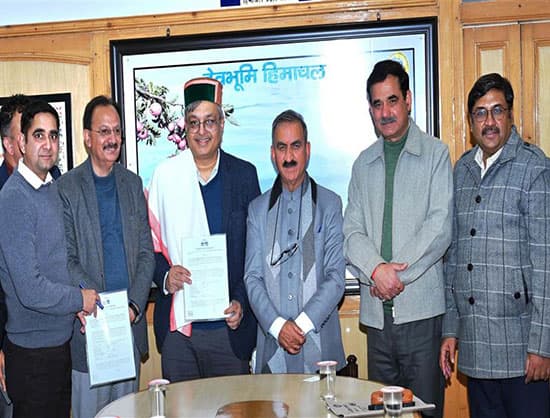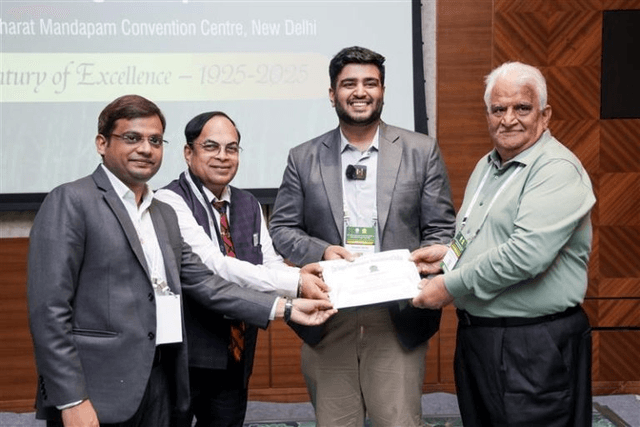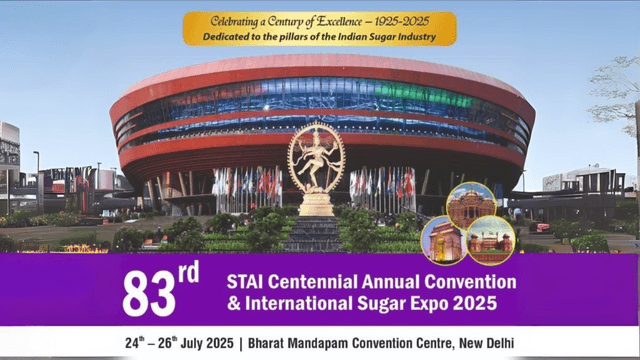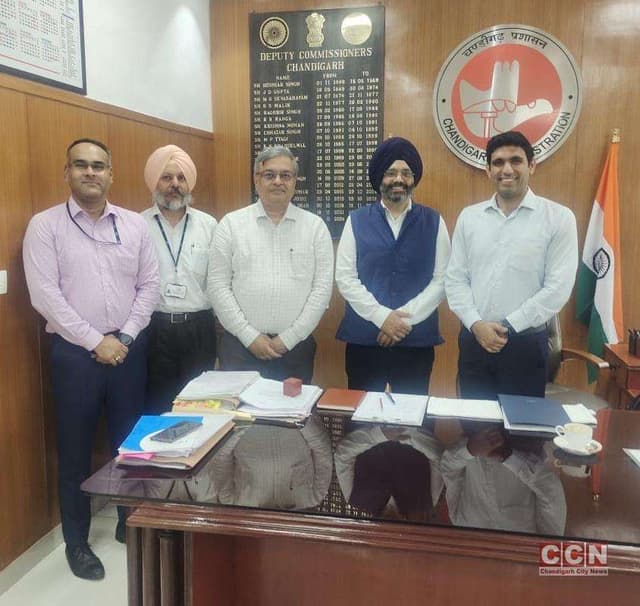
Spray Engineering Devices Ltd. (SED), a clean-tech player in thermal heat recycling and biomass valorisation, has unveiled an ambitious roadmap aimed at revolutionising India’s sugar and ethanol sectors. At the core of this roadmap is a transformative process that converts dry biomass—like sugarcane bagasse and agricultural waste—into ethanol using electricity-driven gasification and circular processing systems. The result: globally competitive production costs and a leap forward for India’s green economy.
India has already met its 20% ethanol blending target five years ahead of schedule. With E27 blending norms set to take effect by August 2025, SED’s clean technology solutions arrive at a critical juncture. The government reports that ethanol blending has helped India save over ₹1.36 lakh crore in foreign exchange and disbursed more than ₹3.1 lakh crore to farmers and distilleries over the last nine years—laying the groundwork for a ₹1 lakh crore ethanol economy by 2027.
“Our aim is to convert India’s massive volumes of agricultural residue—from sugarcane biomass to paddy husk—into high-value clean fuels like ethanol and Sustainable Aviation Fuel (SAF),” said Vivek Verma, Managing Director, SED. “These innovations not only help reduce waste and emissions, but also generate clean water, renewable energy, and rural jobs. By producing ethanol at global competitive cost, we can reshape India’s rural bioeconomy,” Verma added.
A standout in SED’s portfolio is its electricity-based gasification technology. This process efficiently converts diverse feedstocks—bagasse, municipal solid waste, or crop residue—into ethanol and SAF. The system delivers high energy yields of 4,000–5,000 kWh per tonne and operates with minimal tar formation, making it a cleaner and more economical alternative to petroleum-based fuels.
SED also showcased its Smart Village Model—a decentralised jaggery processing system powered by boilerless, Mechanical Vapour Recompression (MVR)-based units. These micro-enterprises run on renewable energy, produce clean water as a by-product, and support rural livelihoods. Integrated with rooftop solar panels, clean cooking solutions, and zero liquid discharge systems, this model offers a scalable blueprint for net-zero rural development.
In industrial water treatment, SED presented its LTE® system, another MVR-powered solution designed for near 100% clean water recovery—without steam or chemical inputs. Deployed in distilleries like Dalmia Bharat and Kibos Sugar in Kenya, the technology transforms difficult distillery by-products into reusable water suitable for agriculture or industrial reuse.
SED continues to optimise sugar mill operations with two proven innovations:
*Honeycomb Calandria Batch Pan: Already implemented at KM Sugar Mills, this technology boosts crystallisation efficiency while cutting steam usage by up to 15%.
*Condensate-Based Juice Heating System: Tested at mills such as Uttam Sugar, RBNS, and Daurala, this system recovers and reuses condensate, achieving 7–10% steam savings.
SED’s contributions to innovation have earned national recognition. At the STAI Convention, Vivek Verma received the Excellence Award, while Dr. A. K. Nanda, President of SED, was honoured with the Dr. P. J. Manohar Rao Gold Medal for innovation in co-products. The company also bagged the Best Machinery Manufacturing (Sugar) award from Bharatiya Sugar earlier this year.
SED holds over 100 global patents and operates three advanced manufacturing facilities in India. Its innovations are exported to more than 40 countries and serve sectors beyond sugar and ethanol. These include jaggery, food and beverage, pharmaceuticals, green chemicals, and automotive. The company’s recent submission of five technical papers at a key sugar technologists’ forum underlines its leadership in clean energy and research-driven transformation. As per the press release, SED is driving cost-effective biomass valorisation and offering scalable clean technologies. The company is paving the way for a more sustainable and energy-secure future. These innovations also support a circular economy across rural and industrial India.
















